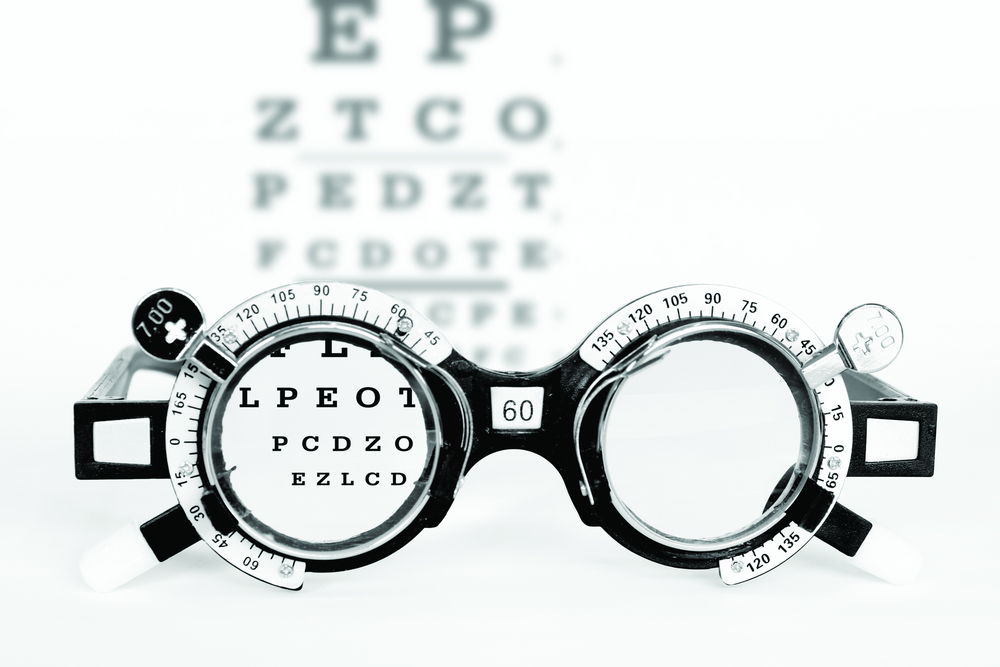
It will probably come as no surprise to learn that our use of digital devices has increased dramatically over the last decade. Whether it is working on laptops or computers, gaming, watching television, or communicating with people on social media, many of us spend a large percentage of our lives looking at screens. While it may not seem like it at the time, prolonged digital device use can have significant consequences for our health and wellbeing. This is largely down to something known as blue light exposure.
Blue light is all around us. It is one of the shortest, visible, high-energy wavelengths. The sun is our largest source of natural blue light. And it’s not all bad news either. Our bodies actually rely on blue light for our day to day existence. Blue light has been shown to boost our alertness, memory, and cognitive function and even improve our mood. It also regulates our sleep-wake cycle, helping our bodies to wind down at night so that we can sleep, and keeping us awake during the day. However, not all blue light is natural. All digital devices, including laptops, computers, and television screens, smartphones, tablets and more all produce blue light. The longer we spend using these devices, the more blue light that we are being exposed to, and the more likely we are to experience issues relating to overexposure.
BluTech lenses are designed to block out excess blue light to protect our eyes from its harmful effects.
The effects of blue light exposure
Blue light penetrates all the way through the eye to the retina, which is the area of light-sensitive cells at the very back of the eyes. The retina is responsible for receiving light that passes through our eyes and turning it into a message that is sent up the optic nerve to the brain. This means that any damage that occurs to the retina as a result of blue light can directly affect our vision.
Some of the known effects of blue light exposure include:
Digital eyestrain
Persistent headaches and/or migraines
Increased risk of macular degeneration
Too much blue light, particularly late in the day or through the night, can even upset our circadian rhythm. This can make it hard to switch off and fall asleep. Some people who continually use digital devices before bed can suffer from chronic sleep issues as a result of excessive blue light exposure disrupting their usual sleep-wake cycle.
What are BluTech lenses?
BluTech lenses are lenses that are specifically designed to block out a certain amount of UV light in order to protect our eyes from over-exposure. In the BluTech range, there are various different lenses available, each capable of blocking out a different percentage of UV light at the 455nm range. 455nm is the peak point at which digital devices emit blue light. Obviously, since we still need some blue light to function properly, BluTech lenses have been created to block out just enough to avoid the negative effects associated with overexposure.
BluTech MAX Poly lenses block out 59% of blue light.
BluTech CLASSIC lenses block out 45% of blue light.
BluTech ULTRA Poly lenses block out 41% of blue light.
These percentages are much higher than standard blue light coatings applied to regular lenses, which have been shown to block out less than 10% of blue light.
With more time being spent working and learning from home during the Covid-19 pandemic, it is more important than ever to keep our eyes safe from excessive exposure to blue light. For more advice or information on BluTech lenses, please don’t hesitate to speak to our dedicated eye care team.







